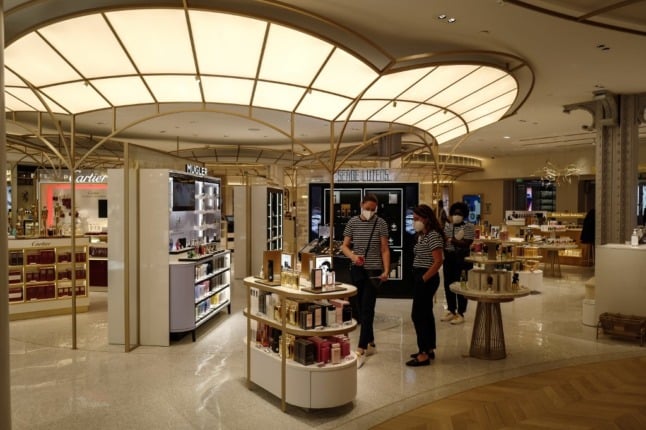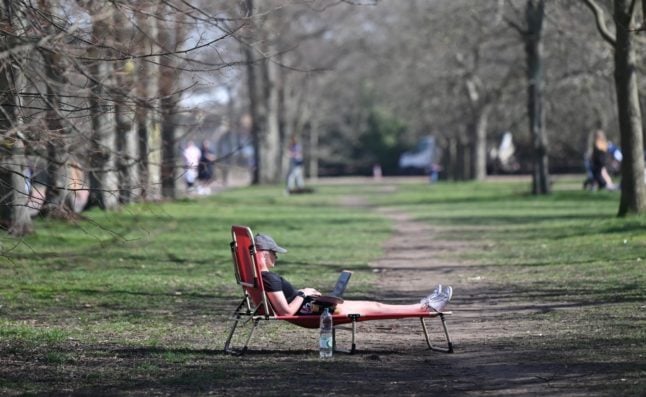There are a lot of changes to be aware of since the UK left the EU, covering everything from passports to Bovril, pets to phones, but there is one benefit to UK tourists in France.
READ ALSO Travel to France: Everything that has changed since Brexit
Residents of England, Wales and Scotland can make the most of Tax Free Shopping in France and the rest of the EU – which means that they can save up to 19 percent of the cost of certain goods by claiming back VAT on their purchases.
It does not apply to everything – you can’t get VAT back on your restaurant bills, or bus or train tickets. But it does apply to fashion items, cosmetics, jewellery, technology and some food and drink items.
The good news is that many high street retailers and global luxury brands operating in France offer Tax Free Shopping services. But not all retailers offer the VAT exemption service – those that do routinely inform customers that the option is available.
However if this is not on offer, non-EU residents can claim back VAT later.
Now that the UK has left the EU, British tourists and visitors aged 16 and over, who have been in France for less than six months, are eligible to shop tax free in the EU, provided they:
- Live in England, Scotland or Wales, and can prove it by showing their stamped UK passport (UK nationals who are resident in the EU present residency documents when entering, only tourists should get a stamp in their passport on entry and exit)
- Meet the minimum spend criteria of the country in which the purchase is made;
- Take the goods out of the EU (aka ‘back home’) within three months of purchase.
In France, the total amount of your purchases, including taxes, must be greater than €100. At the time of purchase, ask the retailer for a VAT refund form, which must be signed by both the retailer and you.
Other EU countries have different minimum qualifying spends.
When you leave France to return to the UK, present your purchases and the form to customs for approval. It is important to note that items on which you are claiming a refund must be unused and in their original packaging.
Officials will stamp and return the two sheets of your VAT refund form to you.
If you leave the EU by train – Get your VAT refund forms stamped by customs officials, either during your journey or at the border crossing station (at the EU exit point). In Paris, there are booths at Gare du Nord where checks can take place and forms be stamped.
If you leave the EU aboard ship or by road – You must have your VAT refund forms stamped by the customs office at the final port or road exit point in the European Union.
If you leave the EU from another Member State than France – After an inspection, the customs office of the final Member State you visit before you return to the UK will stamp and return your forms.
Once your form has been stamped you send it back to the retailer to claim your refund.
You can take care of the process electronically, if you prefer. To use France’s PABLO system purchases must have a total value, including taxes, greater than €175. Once validated, your form can be scanned and the retailer automatically informed so refunds can be processed.
And there are also a number of apps that can make the process easier still, including Zapptax or Global Blue which also take scanned forms and inform the retailer.
If you’re in a shopping mood on your holidays, however, it’s worth pointing out that limits on bringing alcohol and tobacco back into the UK have effectively ended the French ‘booze cruise’.



 Please whitelist us to continue reading.
Please whitelist us to continue reading.
Member comments